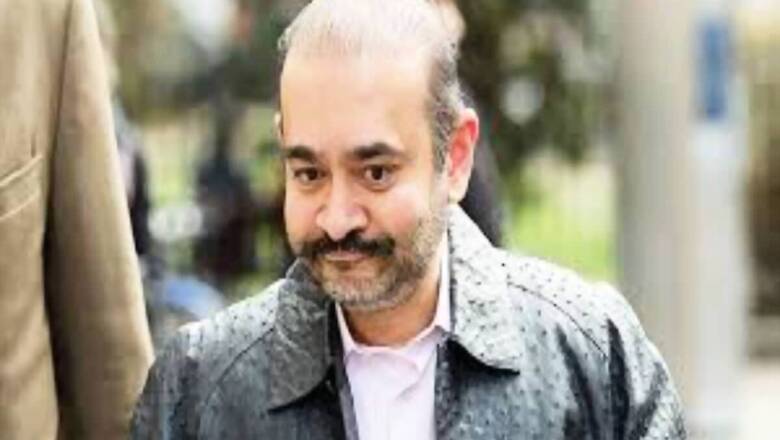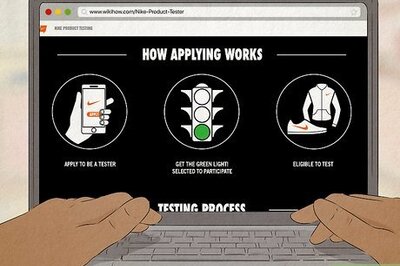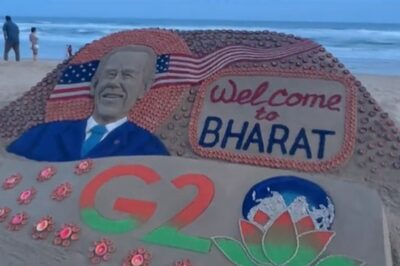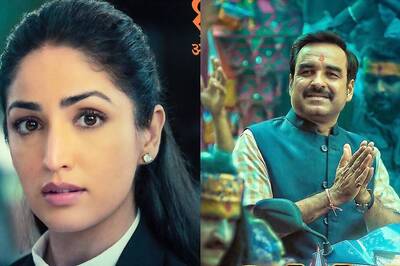
views
India has secured an order from the British judiciary to extradite Nirav Modi to India. A British High Commission spokesperson said, “The judge decided to send the case to the Home Secretary to decide whether to order his extradition to India.” This is the second positive order that CBI has managed to secure from the British court after Vijay Mallya.
So what changed for the Indian agencies, which in case after case, has only faced setbacks in its attempt to extradite Indian fugitives from the UK?
Top officials in the CBI told news18.com that in the Nirav Modi case, the pressure was kept up. Senior officers like then Additional Director Praveen Sinha visited the UK and attended court hearings on two important dates when crucial evidence was being presented. The Director of Prosecution of CBI, Sudha Rani Relangi, was in touch with the Crown Prosecution Service, UK, on a daily basis so that gaps in evidence could be filled up on a real time basis, officials said.
“The Joint Director and the Director of Prosecution travelled to the UK even during the Covid pandemic when travel was difficult because of the restrictions,” a source told news18.com. The constant communication between CBI and the Crown Prosecution Service officials showed the result as it was the CPS, which was presenting evidence before the British judge on CBI’s behalf.
The Indian team headed by CBI Joint Director Anurag, ensured that the evidence presented against Nirav Modi was seamless, that it was proved beyond doubt that the case against him was not of a political nature and that human rights concerns were taken care off.
Indian Jail conditions and violation of human rights are grounds on which earlier extradition requests were rejected by British courts. In both Vijay Mallya and Nirav Modi cases, however, the central agency coordinated with the Maharashtra home department to present video evidence about Barrack 12 in Arthur Road Jail where Modi would be housed whenever he is extradited.
The video evidence showed a well-lit, well-ventilated 20 by 15 feet room with fans, tube lights, blankets and bed rolls. This countered Nirav’s defence of a crowded jail where his human rights as a prisoner would be compromised.
The CBI also ensured that the dual criminality condition under the extradition treaty was met. The treaty mandates that the person being extradited should be liable for punishment under UK laws too. Nirav Modi has been charged with defrauding Punjab National Bank and is liable for financial crime under the British laws too.
“Today’s judgement is a significant achievement in the context of CBI’s efforts to curb corruption and is a reminder that fugitives, who have eluded the process of law after commission of large value frauds, cannot consider themselves above the process merely because they have changed jurisdictions. The judgement also vindicates the painstaking investigation by CBI, especially since Mr Nirav Modi had raised various issues with regard to the admissibility of evidence, the fairness of investigation, trial, prison conditions, availability of health facilities in India and extraneous consideration, with a view to divert attention from his own acts,” the central agency said in a statement.
Read all the Latest News, Breaking News and Coronavirus News here




















Comments
0 comment